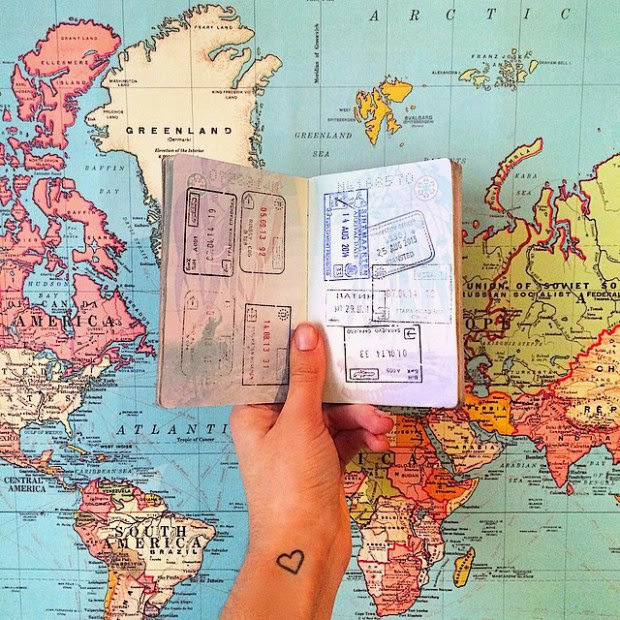
Have you ever driven across Europe with only a text message from your phone provider as a reminder that you’ve actually crossed the border? The freedom to do so could be coming to an end; calls to close the European borders and create a mini-Schengen zone have become louder especially since the terrorist attacks in Paris on November 13.
Passport-free zone
The Schengen agreement, signed in 1985 and named after the village in Luxembourg where it was signed, enables anyone to travel freely between 26 European countries, including 22 European Union states without showing a passport or visa. The treaty also allows non- Europeans simple access with a single visa. This means that EU citizens can move around as they please from Italy to Finland without being hindered. Not only does the treaty make travelling easy, but it also symbolises unity and shows that a world without borders is possible. Normally citizens of Schengen countries have their documents visually checked by security when they leave or enter the area and only non-EU nationalities have their details checked against a database for terrorism and crime.
A mini-Schengen zone
Strict border controls
With indications that some of the Paris attackers entered Europe alongside refugees or by using fake passports even though they were on counter-terrorism watchlists, a new proposal has been put forward. This proposal suggests that security checks against criminal databases should be extended to EU citizens as well who want to enter or leave the external borders of the Schengen area. Not much will change for international travellers however, except for additional security delays.
While security on the borders of Europe have already been tightened over the past months, several countries including Germany have established temporary border controls to process the hundreds of thousands refugees who have come to Europe fleeing the war. The Schengen treaty allows countries to reinstate passport controls, but only temporarily. Furthermore, in the wake of the attacks, France has reinstated border controls at major crossing points. Passports and IDs are being checked on buses, trucks, cars and trains. However, they are not systematically checking everyone who enters and leaves the country because they don’t have enough forces to do so.
What are the consequences?
If Europe’s internal borders are reinstated, passports will have to be shown whenever a border is crossed meaning long waiting times at border control for tourists, travellers and commercial transit which could impact the European economy. Moreover, it could also mean the end of the Schengen Visa meaning non EU- and Schengen members will have to apply for individual visas for each country they want to visit.
What are your thoughts, should borders in Europe be reinstated to heighten security and control or are we giving up our freedom too easily?
Image: [WorldofWanderlust, European Commission]